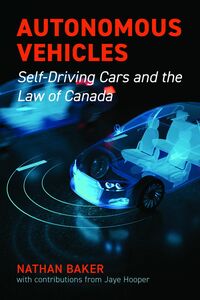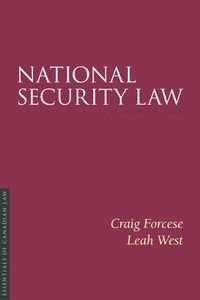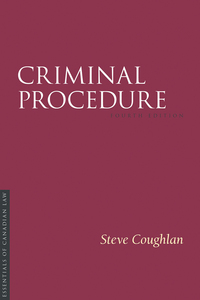
Much of North American society has been built around automobiles — our cities are designed around them; our economy is propelled by them. Therefore, the impact and benefit of autonomous vehicles to people, to the environment, and to society as a whole will be profound as they become more commonplace. This idea once seemed futuristic and far-fetched, but every day we come closer to realizing such technology in our daily lives.
Proper automation will allow vehicles to move more quickly and safely by removing the risk of human error, and the law will need to adapt to this new reality. Civil liability may shift from drivers to manufacturers. Criminal acts will be changed by a “new normal” surrounding criminal intent. How would all of this be affected, for example, by a person’s decision to take control of the vehicle rather than rely on automation? What if the person relies only on automation? Both are potentially risky.
Over the coming decades, the law surrounding motor vehicles is going to go through profound changes as autonomous vehicles become common and issues of law deriving from advances in technology inevitably arise. The definition of autonomy will be debated as we move to find new solutions to age-old problems, ranging from gridlock to human error. With the transition to, and ongoing evolution of, autonomous vehicles, the law will have to be modified accordingly. A new area of law will be needed, and with it, an assessment of how the current law can be adapted. Autonomous Vehicles: Self-Driving Cars and the Law of Canada will serve as a ready resource as courts and litigants begin the journey down this new road.
Book details
-
Publisher
-
Original text
Yes -
Language
English -
Publication date
-
Page count
256 -
With
-
Theme






